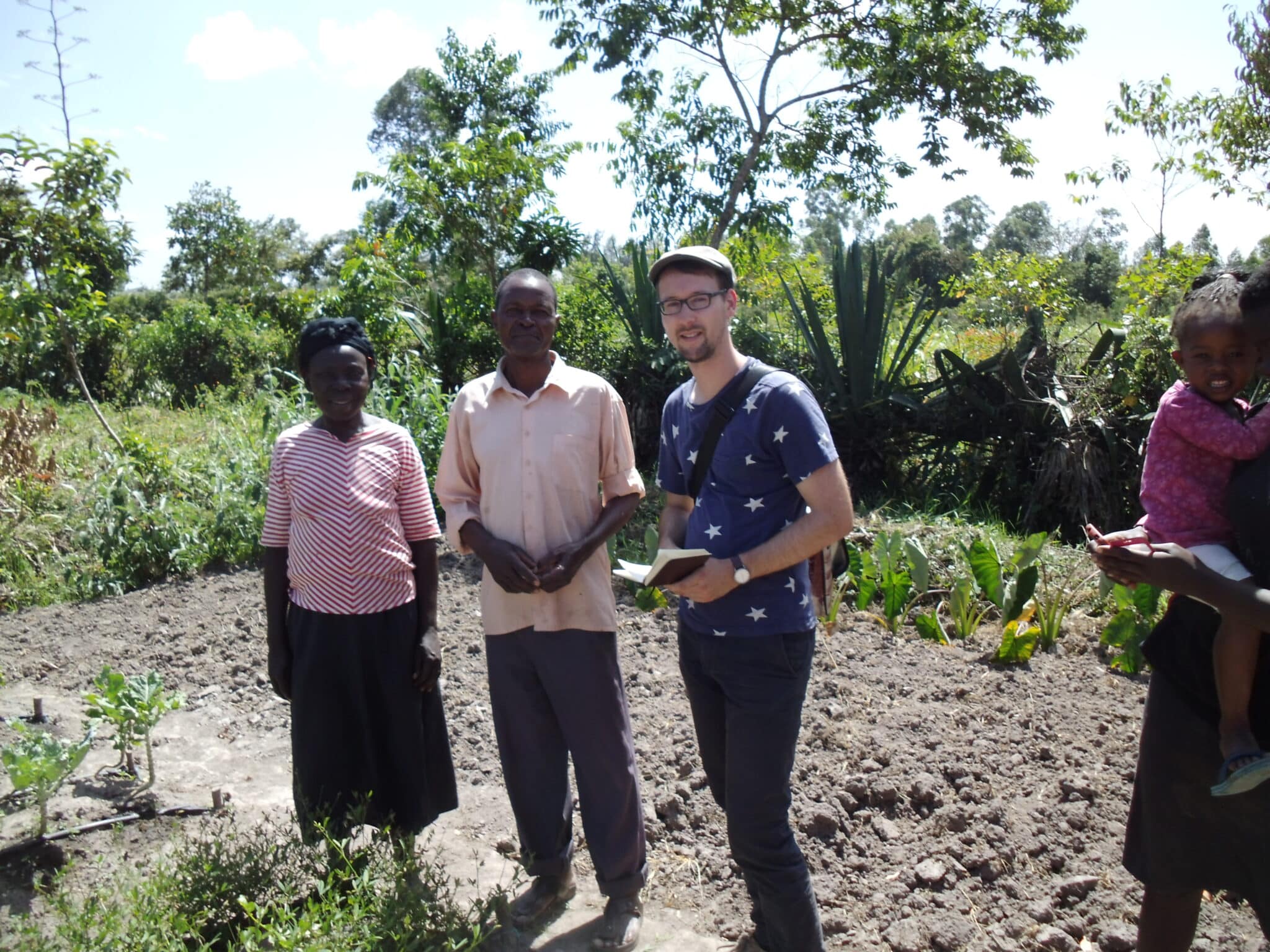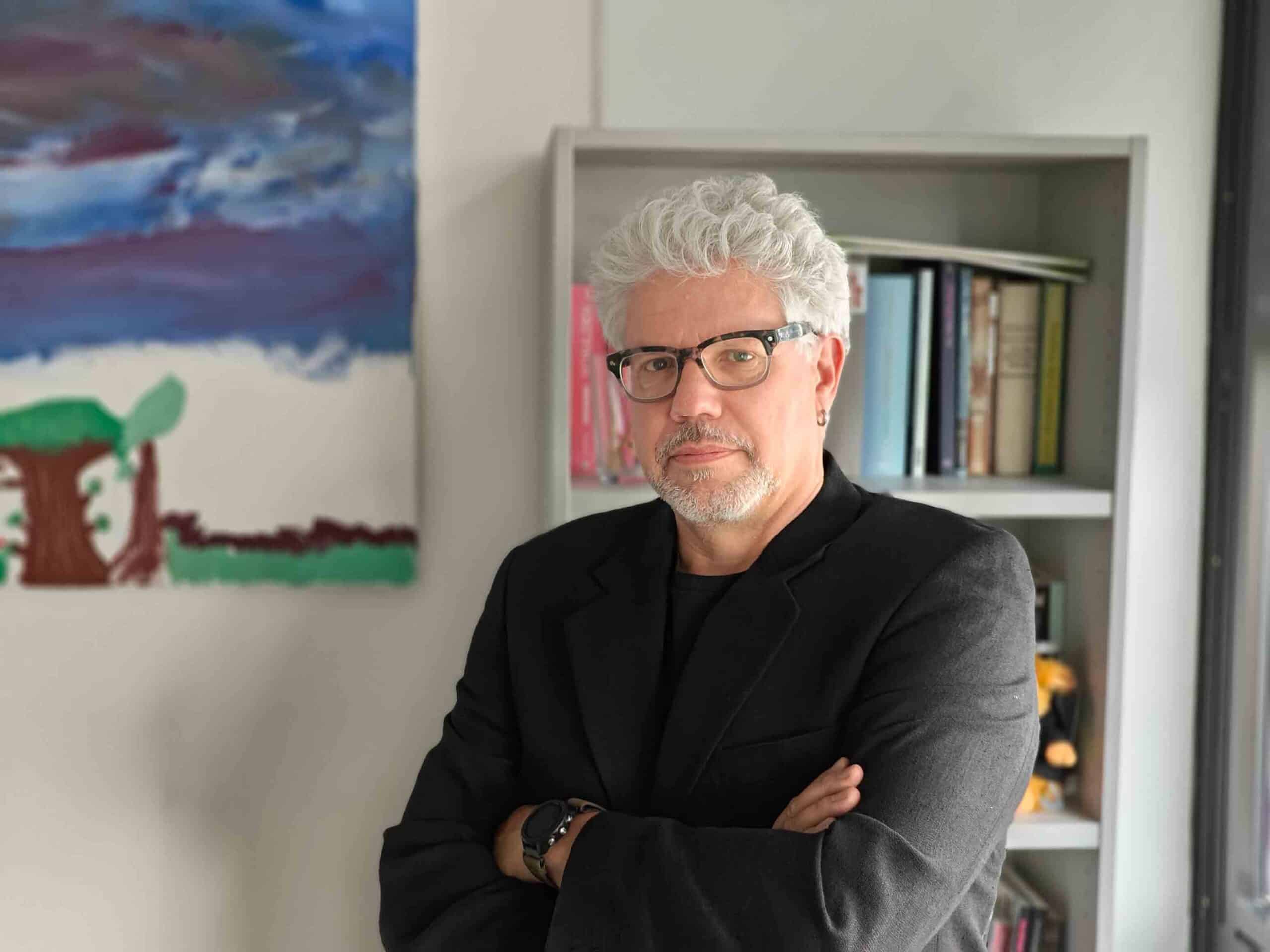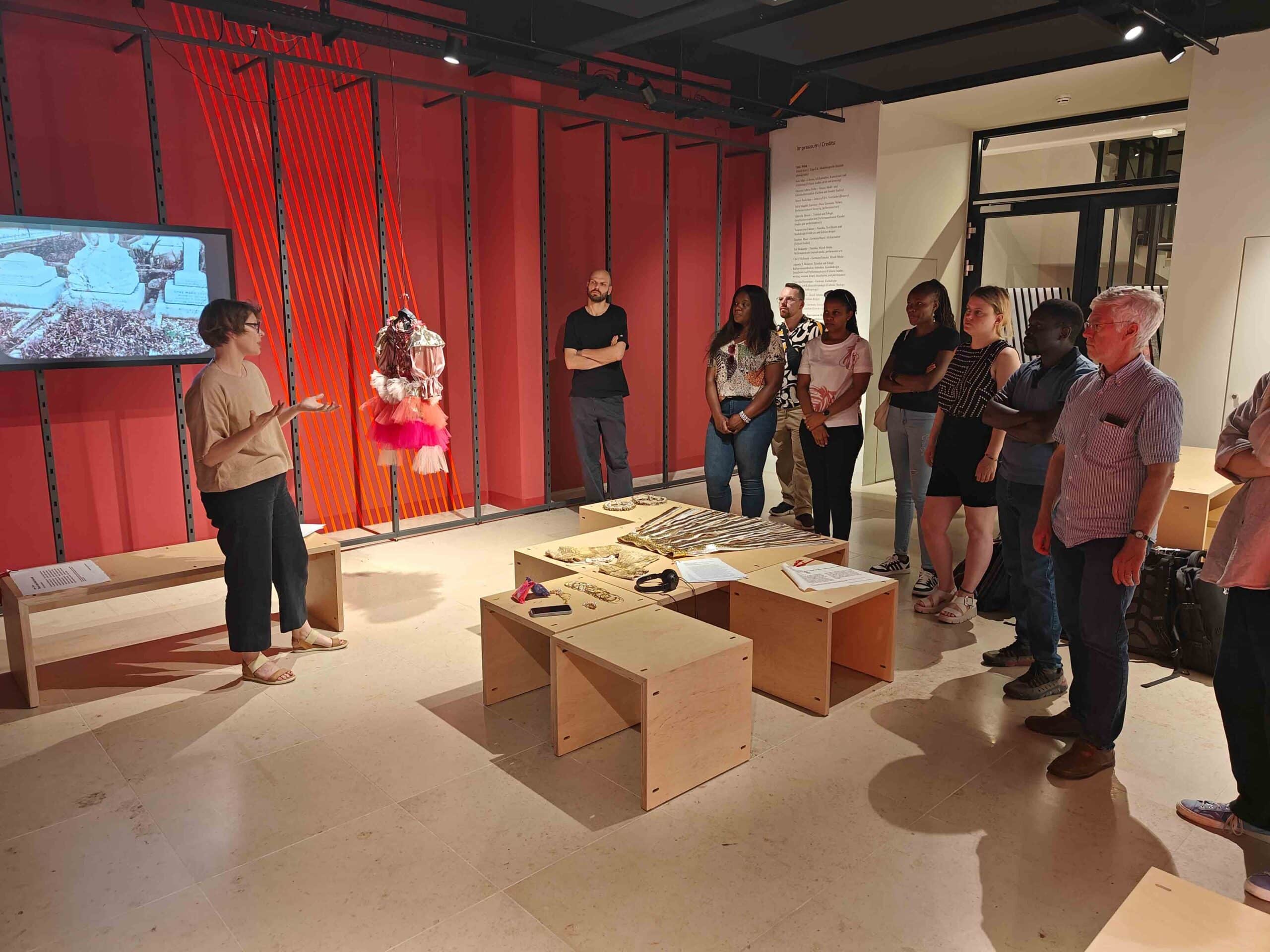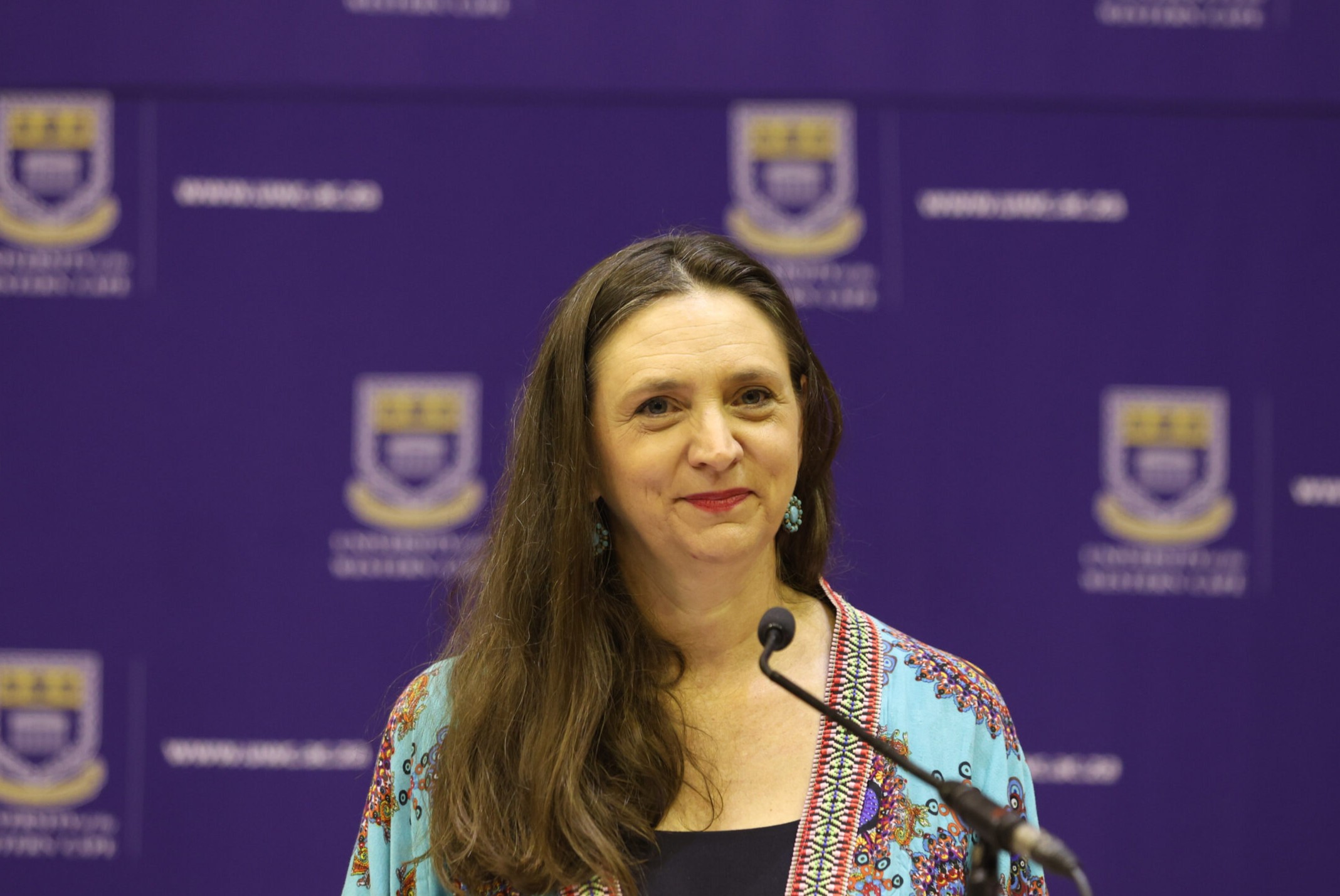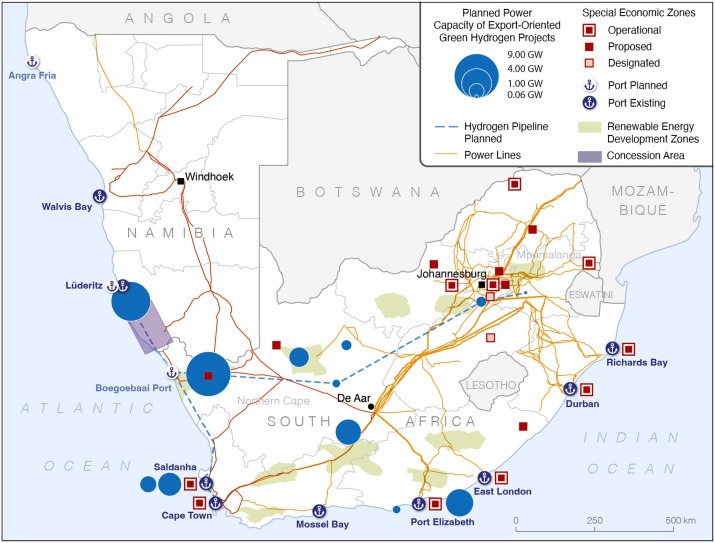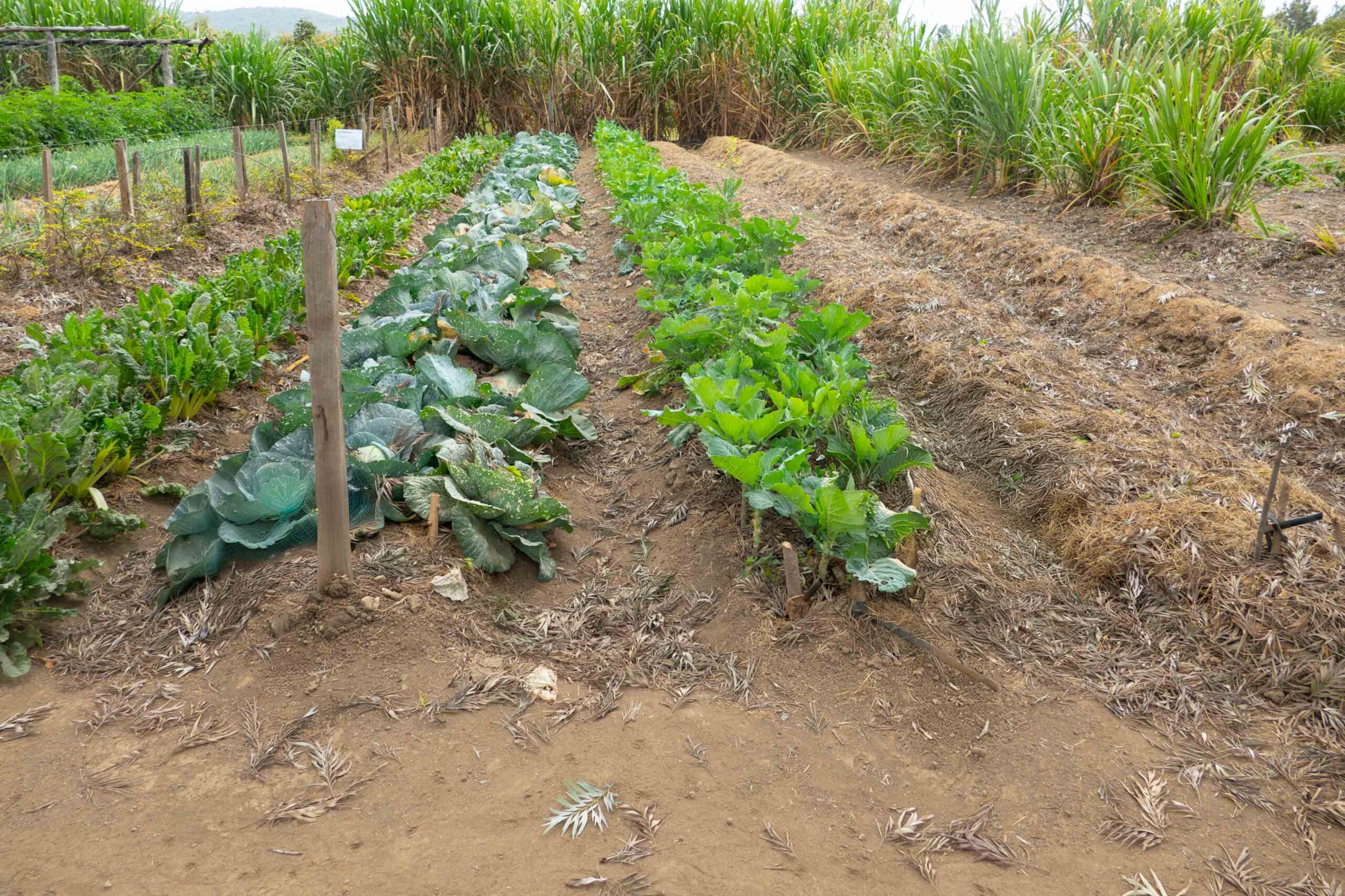Since October 2017 PhD-student Julian Rochlitz is in Kenya tracing the information provided through an m-service focusing on weather forecasts for farmers from its generation by meteorologists, to its re-formating by NGOs and software providers, to the recipients. This way, he was able to not only gain an insight into how complex meteorological knowledge is translated into a SMS of no more than 160 characters. He was also able to observe and discuss the ways in which the information is received and interpreted by farmers, how it is related to other ways of forecasting the weather and, finally, how – if at all – it informs farming practices. While this research, first of all, wishes to address the theoretical question of how technologies mediate human-nature relationships and how m-services make probable futures actionable, it also contributes to the often overly enthusiastic accounts of the potential of ICTs for development by providing an ethnographic account of their actual use and impact, as well as of dead-ends and unintended side-effects.



